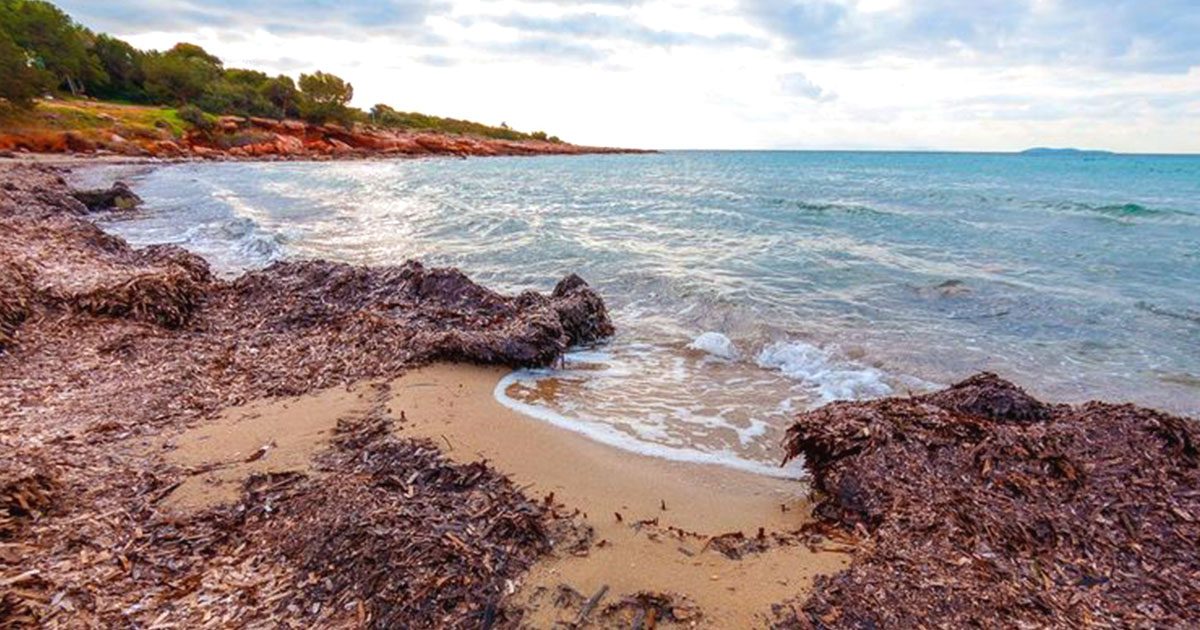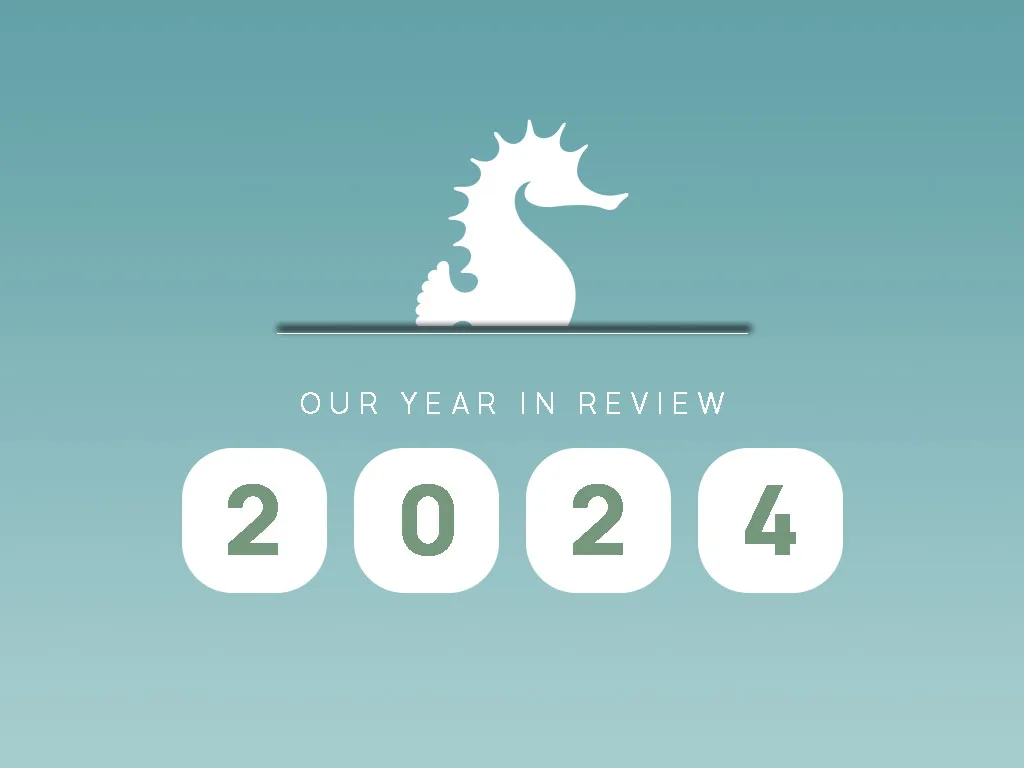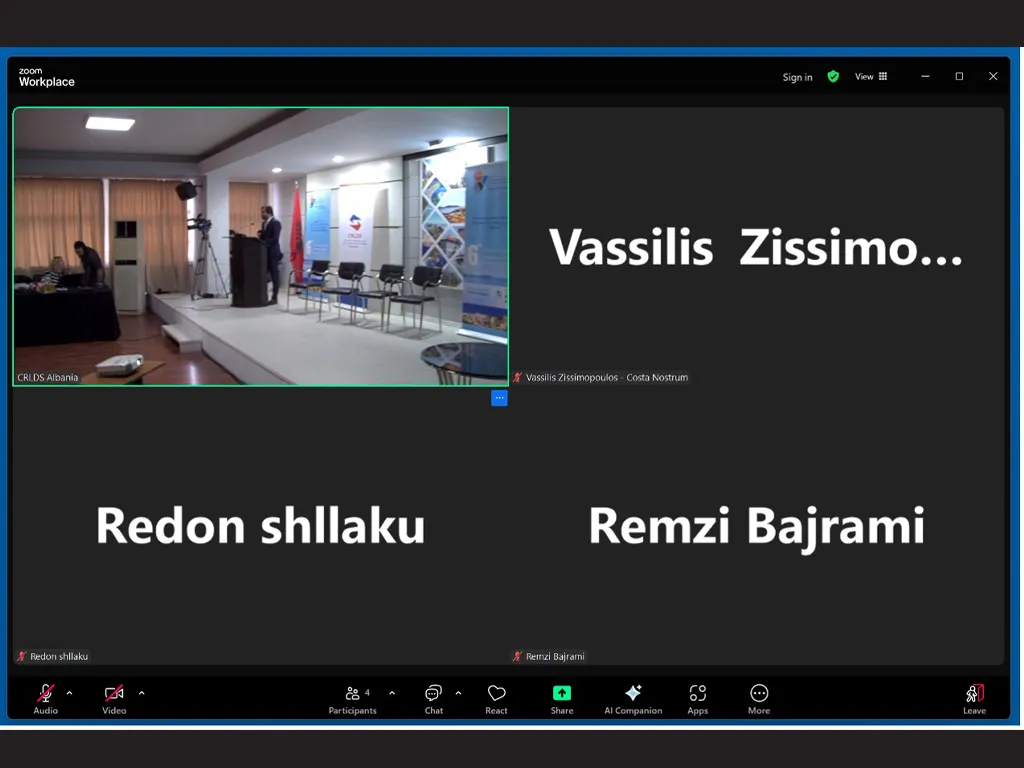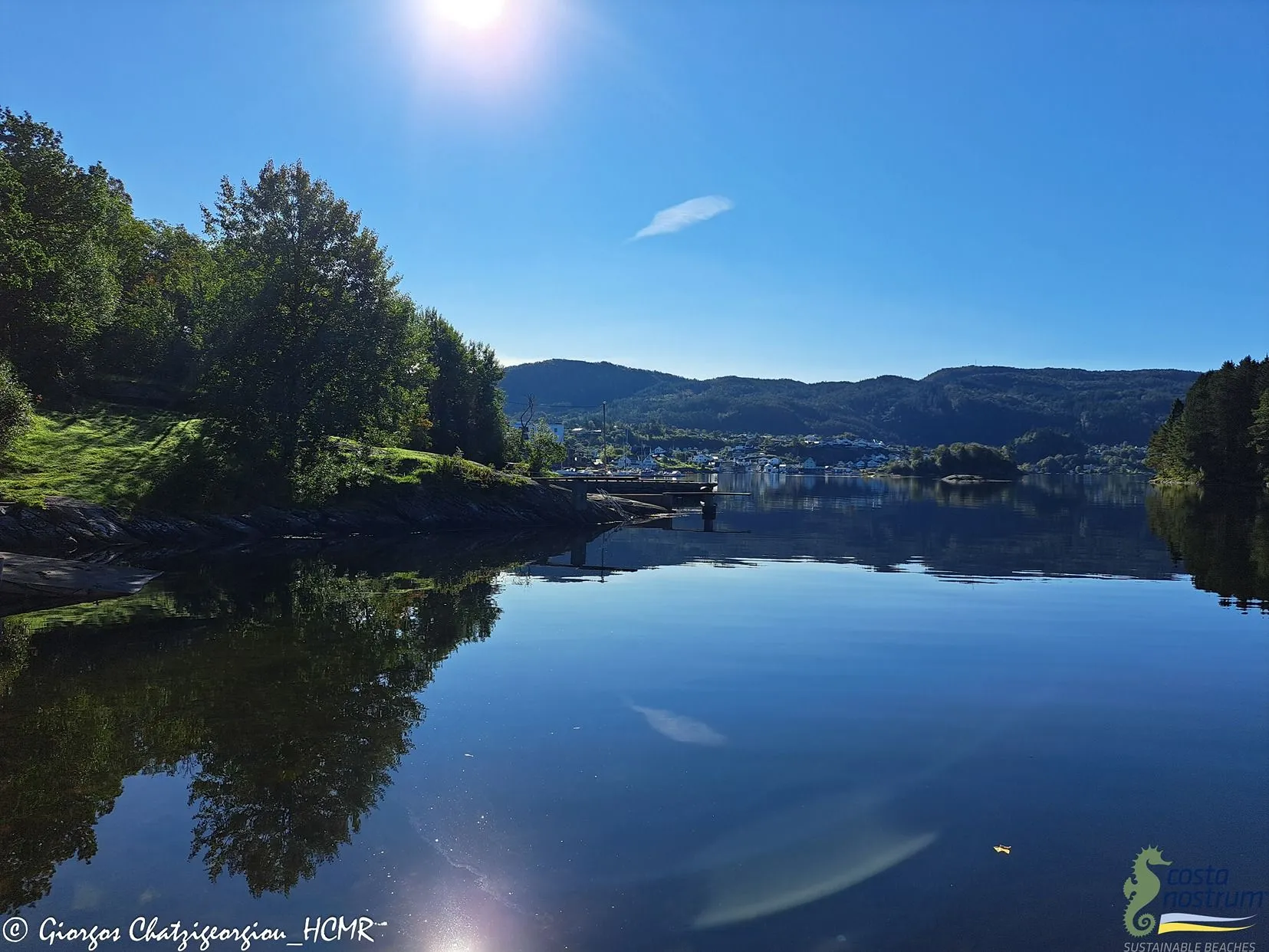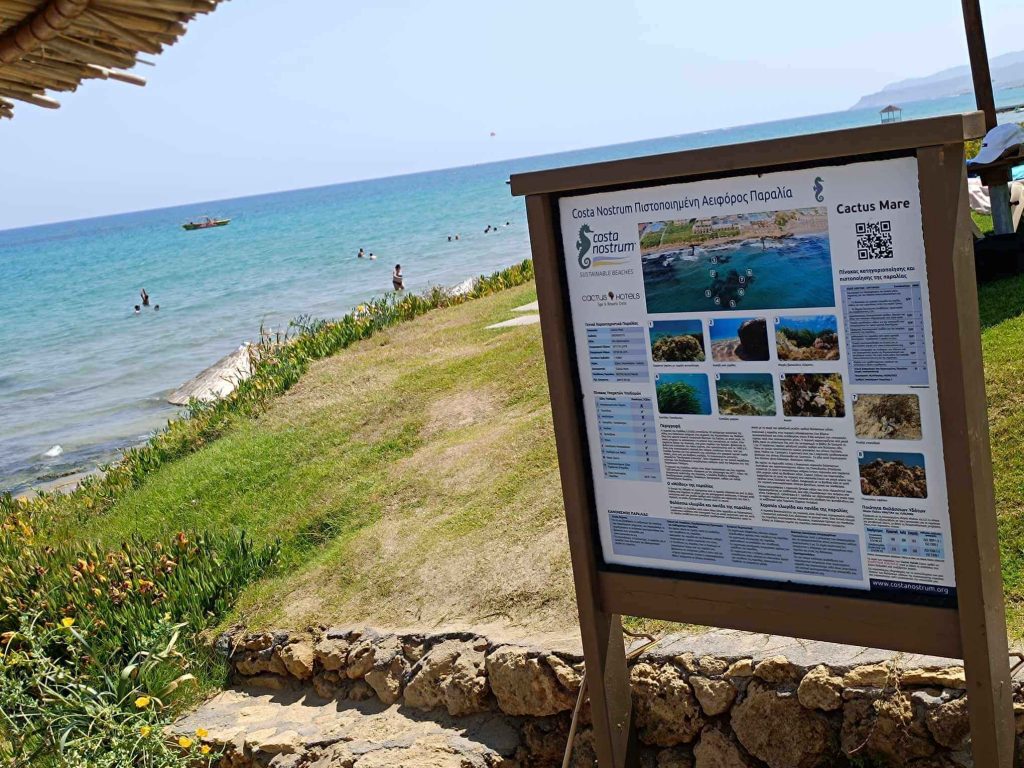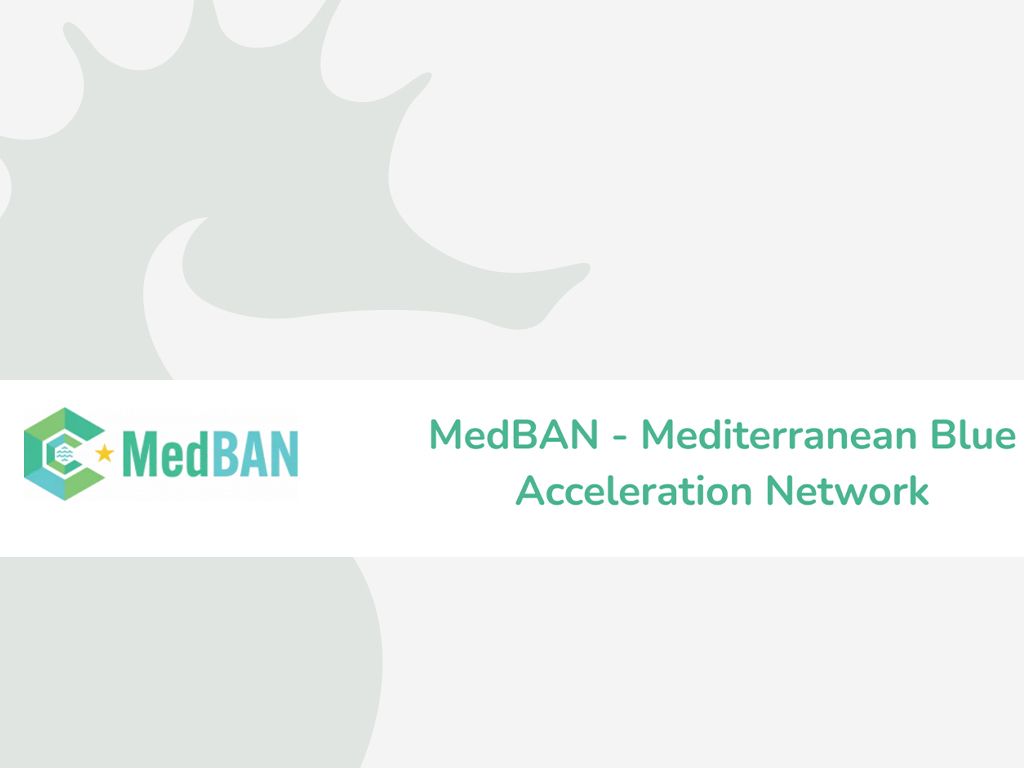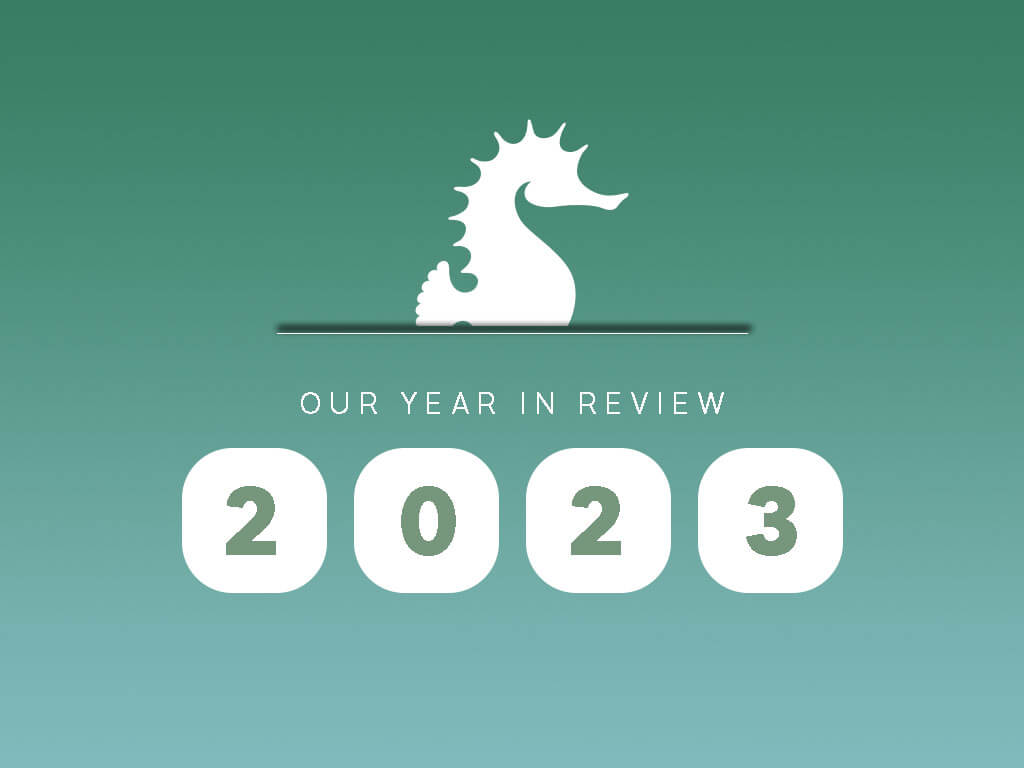Photo: POSBEMED Website
By Vassilis Zissimopoulos*, CEO and Founder of startup company Costa Nostrum
“Summer has arrived, step forward fast to meet it, children, on the beaches…”
Paraphrasing the well-known Greek fairytale, the summer is slowly approaching and with it, the preparations in order to welcome it. Preparations that begin almost every year during this period of time and culminate shortly before the start of the tourist season and are including the opening of the hotel units, the business preparation, and of course the “beautification” of our beaches.
“Grooming” from the scars which were left behind by the winter and which should be properly prepared – the beaches – to welcome the thousands of bathers who will want to spend a few moments of relaxation in the clear blue waters of our seas.
Wrong practices due to ignorance
Although this year’s tourist season is judged to be as special as last year, as the ghost of the coronavirus is still hovering over our planet, there is an optimism that with the vaccination programs, this year things may be better.
In any case, because life goes on – as we did it from ancient times in Greece, when we waited for our guests – we want everything to be spotless. The same we want and about our beaches! Very clean from any materials left by the winter, clean from the waste left by the unconscious visitors, and of course clean from any “seaweed” washed ashore by the sea during the winter.
Thus, possessed by the spirit of hospitality, the municipalities and the hotel units are starting to clean their beaches and in fact, with great pleasure, the people in charge, publish online their relevant actions.
Up to this point, one would say that everything is fine!
Unfortunately, it is not fine, precisely because the lack of information and know-how has devastating consequences for the coastal environment.
In this case, the cleaning of the beaches by seagrass, which, however, most of the time are not seagrass in the sense of marine “waste”. They are “Posidonia banquettes”! The confusion between the two has caused many problems, leading many mayors and municipalities, as well as, managers of large hotel units to ultimately operating catastrophically on their beaches and their sensitive ecosystem.
Even worse, the removal of these “seagrass” is done in a highly destructive way for the beach itself and its sensitive ecosystem.
Because in the end “seagrass” is more important than silk ribbons
Let’s start from the beginning **. Poseidonia, scientifically Posidonia Oceanica, is a protected endemic marine plant – grass that contributes to the maintenance of healthy and resilient seas and coasts. Their presence on the coasts, in layers from a few centimeters to a few meters thick, is a unique global phenomenon that occurs only on the Mediterranean coast.
While most of us consider the washed ashore leaves of Poseidonia as something “dirty”, in the end, we should choose for swimming the beaches where these leaves have been washed ashore, since in this way we can know that the sea is clean and healthy.
At the same time, the Posidonia banquettes are also pillars of health and stability of the coasts, as they protect the coasts from erosion, help the formation and stabilization of the beaches, nourish the coasts and of course host a rich fauna unique in the world.
The “crime” against the beach is completed by the way the municipal authorities and the hotels choose to clean their beaches, to a greater extent, with the use of heavy machinery, as it is a more economical solution than to clean it manually using a piece of individual equipment. Thus, together with the waste, they are removed from the beaches and useful elements for the preservation of the ecosystem, and many times the roots of endemic species of flora are uprooted, which protect the beach itself, but also beautify it.
Our responsibility
Our coasts are threatened by the phenomenon of erosion, pollution from wastes, destruction of biodiversity, and much more and we are unaware that with our actions we have made a decisive contribution in this direction.
We refuse to spend money on the sustainable management of our coasts and then we are called upon to redress, if possible, the problems that have arisen, such as coastal erosion, by spending huge amounts of money, and perhaps to no avail.
It is extremely necessary to change as people and as organizations, so that we can finally manage our beaches, in the best possible way, as befitting in a country that has the largest coastline in the Mediterranean and one of the largest in the world, with thousands of beaches.
We must stop taking their existence for granted and we must move towards their protection and preservation, becoming an example to be imitated by other countries. It is imperative that we move towards to a more sustainable way of thinking and acting, to a more sustainable model of management, which can only benefit both the environment and our society.
The next day – What needs to be changed immediately
There are simple things that any beach management body, public or private (municipality, hotel, camping, etc.) can do, at no particular cost and that will contribute to the preservation of the natural heritage and the sustainability of the coastal area – beaches.
First of all, we must keep in mind that each beach is unique and we never apply solutions that were applied to other beaches freely. The know-how exists, the solutions that each problem requires exist. The only thing that does not exist is a magic solution applicable to all beaches.
Afterwards information! To be Informed the municipal authority itself, to be informed the relevant organizations, to be informed the inhabitants of the coastal municipality, and to be informed the visitors of the municipality.
Finally, a change in the way we treat our beaches. Our geographical location has endowed us with an incredible natural treasure that we should finally become worthy of it and “embrace” it as it deserves. It is estimated that 1m2 of the beach can bring 10 € per day to the local economy, while its sustainable upgrade has the potential to bring much more, indirectly and directly, to the wider coastal area.
We have inherited the coastal wealth, we have the know-how, only our will is lacking, so that we can become synonymous and an example of sustainable development.
“…gifts in our hands we are holding, lot and beautifully, let us distribute them smiling to anyone who asks for them!”
Have a great (and especially safe) Summer!
*Vassilis Zisimopoulos, is a B.Eng. Mechanical Engineer, holding two Master’s Degrees in Sustainable Development and Environmental Protection while completing the next postgraduate course focusing on Sustainable Tourism. Since 2005 he has been involved in sustainable waste management, is a member of the Hellenic Solid Waste Management Company, and a former member of the International Solid Waste Association, as ISWA International Waste Manager. Finally, he is a member of the Environment Committee of the Technical Chamber of Greece – Department of Eastern Crete.
**Data from the European Interreg Mediterranean POSBEMED Program
Photo: POSBEMED Website


